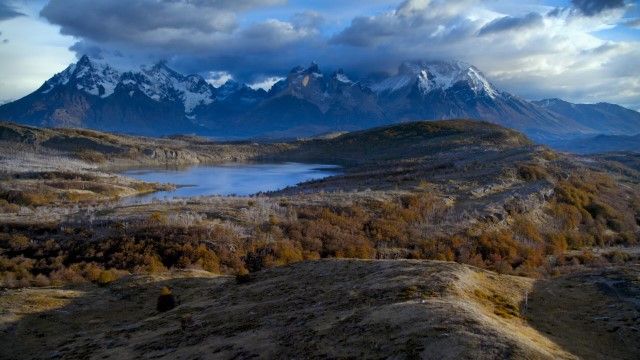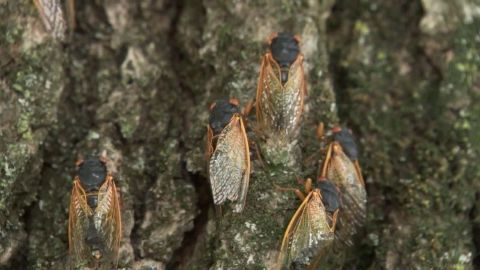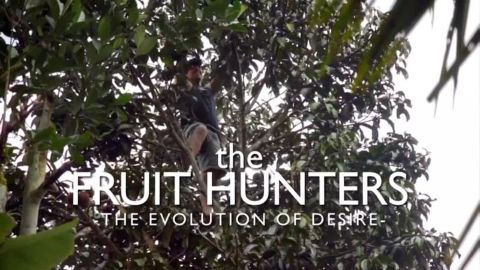Dragon Island • 2016
Deep in the remote basin of the Pacific Ocean is an island where dragons still roam, a Jurassic-type underworld, where every day is a fight for supremacy and survival. Welcome to Komodo Island, home to the world's largest living lizard on the planet, the Komodo dragon. Witness the start of a new era as we follow the island's current monarch, Drogo. He has just overthrown the old king and must now defend his title against a group of young dragons, here on one of the harshest and hottest habitats on the planet.
Make a donation
Buy a brother a hot coffee? Or a cold beer?
Hope you're finding these documentaries fascinating and eye-opening. It's just me, working hard behind the scenes to bring you this enriching content.
Running and maintaining a website like this takes time and resources. That's why I'm reaching out to you. If you appreciate what I do and would like to support my efforts, would you consider "buying me a coffee"?
Donation addresses
BTC: bc1q8ldskxh4x9qnddhcrgcun8rtvddeldm2a07r2v
ETH: 0x5CCAAA1afc5c5D814129d99277dDb5A979672116
With your donation through , you can show your appreciation and help me keep this project going. Every contribution, no matter how small, makes a significant impact. It goes directly towards covering server costs.





